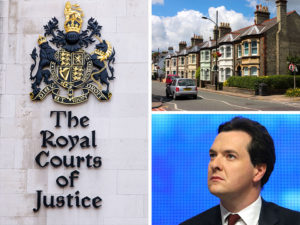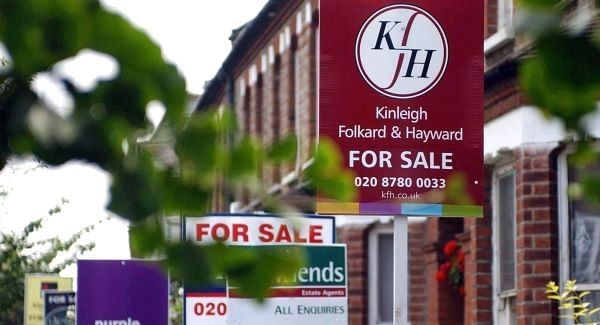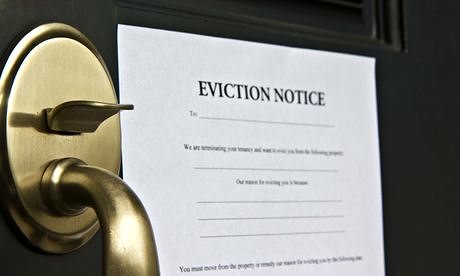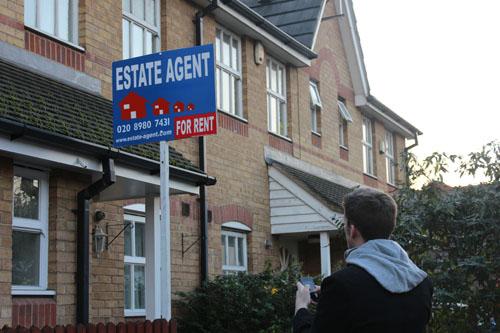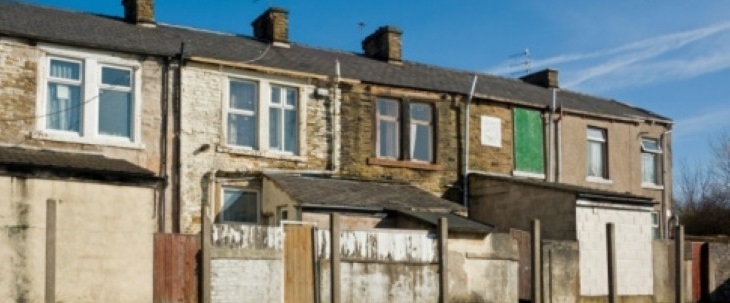Property prices in central London are expected to fall by 5 per cent in 2017 according to property data firm Rightmove.
The situation across London as a whole however was mixed with a significant variations between market conditions in prime central London and peripheral areas. Outer London property prices are expected to see an approximate 3% increase in prices in 2017 Rightmove suggests with prices across England and Wales expected to rise by two per cent as a whole next year.
Brexit uncertainty continues to be a serious issue with respect to property price forecasting. As yet the government’s desired outcomes and the negotiating position it will adopt following the triggering of Article 50 to begin the two year countdown to leave the European Union remains unknown. Prime Minister Theresa May says she is committed to triggering the start of formal Brexit negotiations by the end of March next year and is expected to make announcements on the Government’s preferred future relationship with the EU in the New Year.
The disconnect between property prices in central London and the rest of the UK may be symptomatic of London’s traditional early reaction to changes in the British economy. During the 2007 global financial crisis and subsequent recession, prime London properties were the first affected by the downturn but were also the fastest to recover.
To date predicted negative economic data following the UK’s decision to leave the EU have failed to materialize. The British Chambers of Commerce revised up its forecast for economic growth next year but downgraded the outlook for 2018 due to inflation pressures and ongoing economic uncertainty about Britain’s future trading relationships with the EU. In terms of GDP forecasts, the Chambers revised upwards UK GDP growth forecast to 1.1% from 1% for 2017 after stronger-than-expected economic performance following the June Brexit vote.

